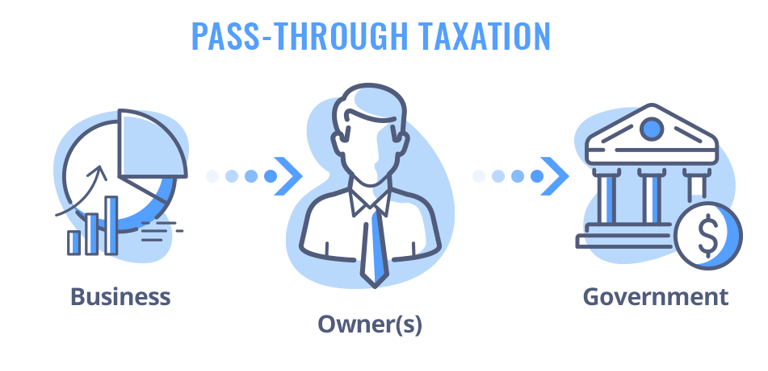Starting an LLC
Helpful reading geared toward answering popular question about an LLC. Read this article for your small business.
7/16/20232 min read
Starting an LLC
(Limited Liability Company)
Starting an LLC (Limited Liability Company) is a complex process that requires a lot of planning and preparation, but it can provide many benefits and advantages for business owners. One of the primary benefits of an LLC is the level of personal liability protection it provides to its members. This means that the members are not personally responsible for the debts or obligations of the company. In case of business failure or legal disputes, the personal assets of the members are protected from being used to satisfy the company's debts or obligations.
When starting an LLC, there are several factors to consider, including the nature of the business, the number of members, and the location of the company.
It is important to research the legal and tax requirements for LLC formation in the state where the company will be located, as these requirements can vary from state to state. It is also important to consider the potential risks and liabilities associated with the business activities. Certain industries or business activities may require additional licenses or permits, or may have specific legal or regulatory requirements. In addition, it is important to consider the long-term goals and objectives of the company. This may include considerations such as funding and financing options, potential expansion plans, and exit strategies.
To ensure maximum legal protection, it is important to establish the LLC correctly from the start.
This means filing the necessary paperwork with the state, creating an operating agreement, and obtaining the necessary licenses and permits. It is also important to maintain proper record-keeping, maintain a separate bank account for the LLC, and avoid commingling personal and business funds.
Another significant advantage of LLCs is the flexibility they offer when it comes to tax treatment.
Depending on the number of members and the nature of the business activities, LLCs have the option to be taxed as a sole proprietorship, partnership, S corporation, or C corporation. One of the biggest tax benefits of LLCs is pass-through taxation. This means that the profits and losses of the LLC are passed through to the members and reported on their individual tax returns. This can result in a lower overall tax burden for members compared to other business structures.
To ensure proper tax treatment, it is important to consult with a tax professional and obtain the necessary tax identification numbers and licenses. LLCs may also be subject to state and local taxes, so it is important to research and comply with all tax requirements.
LLCs offer significant flexibility when it comes to management and ownership.
Members can choose to manage the company themselves or appoint a manager to handle the day-to-day operations. Additionally, LLCs can have an unlimited number of members, and members can have different ownership percentages. To ensure proper management and ownership, it is important to create an operating agreement that outlines the rights and responsibilities of each member, including how profits and losses will be allocated, how decisions will be made, and how new members will be admitted or existing members will exit the company.


Long Story Short
Overall, starting an LLC can provide significant benefits and advantages for business owners, including legal protection, tax benefits, and flexibility. However, it is important to carefully consider all factors and consult with legal and tax professionals to ensure that the LLC is established correctly and operates in compliance with all legal and regulatory requirements.
Related Articles
©2026 Designed To Conquer LLC Terms & Conditions FAQ
Designed To Conquer LLC is a NYS MBE Certified Creative Tech. Studio.
STUDIO HOURS
Monday: 10am-6pm
Tuesday:10am-6pm
Wednesday:10am-6pm
Thursday:10am-6pm
Friday:10am-6pm
Instantly access our library of free coaching business resources!





